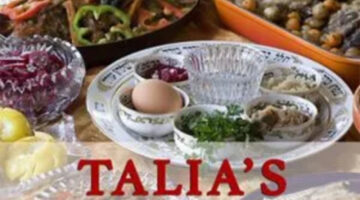Family visited
Though being judgmental is a facet of this writing gig, there is something called tact which should prevent a review from seeming (offensively) judgmental. But sometimes you just have to scratch your head and wonder if everyone is insane but you. Taking nothing away from my truly lovely family (and more directly taking to task fawning book reviewers), the novel is subpar (both in terms of style and story). And that is being generous. It is from beginning to end self aware and manipulative in a way that should have fooled no one, but apparently fooled many. At the risk of sounding like a pretentious ass, I rarely read contemporary literature, and when I do, I remember why I steer clear. The film based on the book, while not great, is far superior.
One of the reasons the film edges its source material is proper editing; only moments necessary to maintain the flow are kept. Secondly, the characters are more believable and human by removing them from Hosseini's predictable, hackneyed prose. It is addition by subtraction. Finally, and this is no fault of the author's, the film trumps the book as far as audience satisfaction because the Afghani characters speak Arabic (with subtitles). Nothing breaks the escapism of a book like “I had relieved her of the greatest fear of every Afghan mother: that no honorable khastegar would ask for her daughter's hand.”
What both the film and book share is atmosphere. We (American audiences) are transported to another place, another culture, another world, another time, another mentality – and that is always something to value and appreciate. Especially when that other is a misunderstood, misinterpreted, marginalized, and generalized one. When people think
The story centers on Amir (played as a boy by Zekeria Ebrahimi and as a man by Khalid Abdalla). His best friend is also his slave, Hassan. A book obviously has the ability to expand on the complexity of that relationship and certainly makes more of an attempt than Forsters' film, but the child actors do a fine job of conveying the tenuous dynamic and create more of real relationship on screen than is found on the page. Amir's father is a successful, polished, forthright, sleek, and powerful
We are supposed to sense some air of mystery when a phone call reawakens a memory dark and buried in the adult Amir. Amir has written a book called The Sultans of Kabul (the nickname he once gave the tandem of himself and Hassan) and it was recently published. You see, he has always been a great storyteller (likely Hosseini's view of himself). But the voice on the phone asks him to come back. Tells him he can make things good again.
What does all this mean? By the time Amir is driving through Taliban ruled









